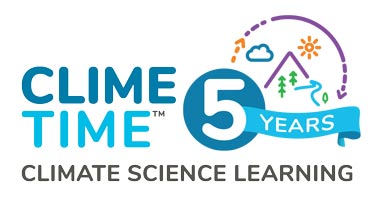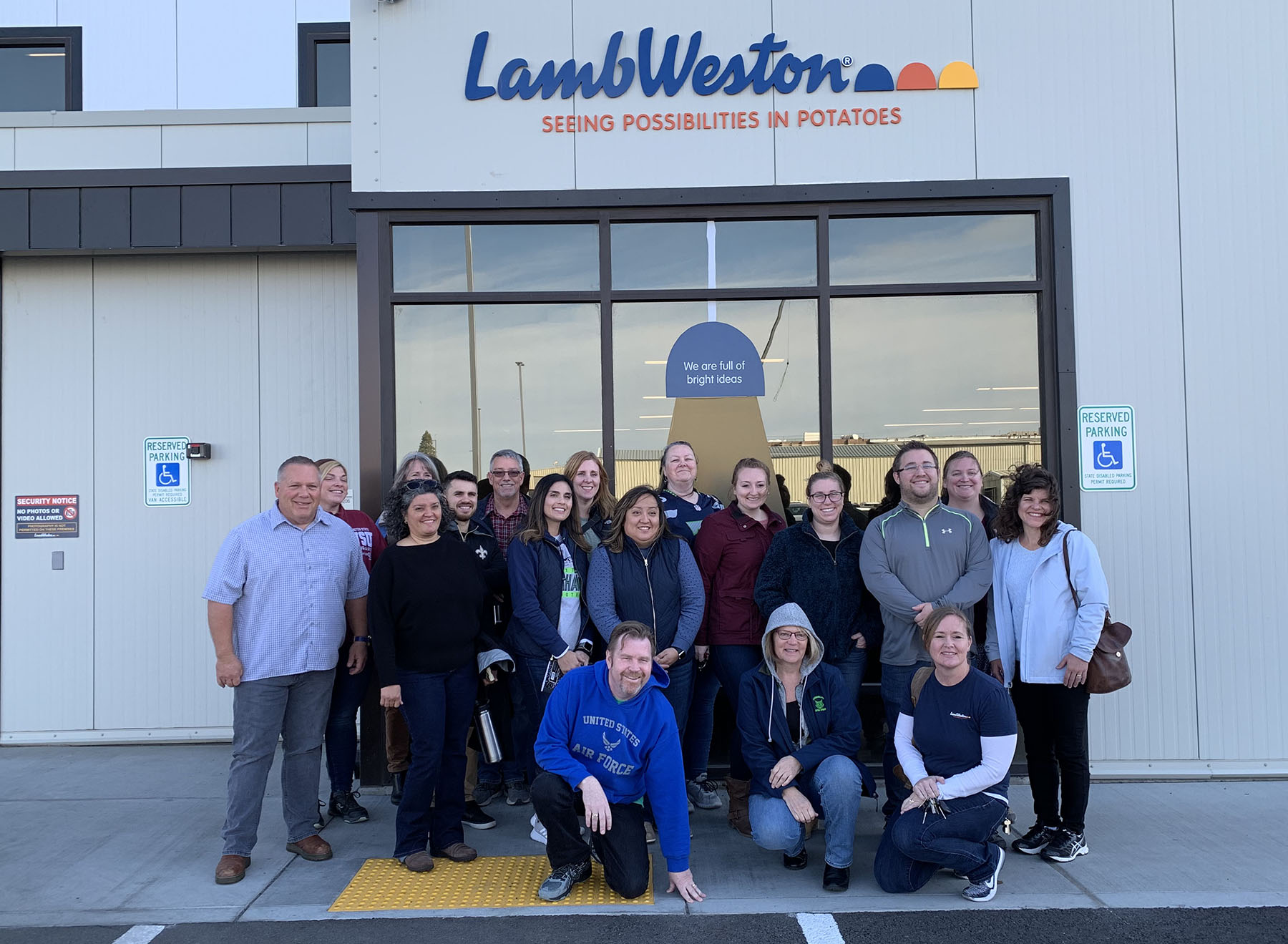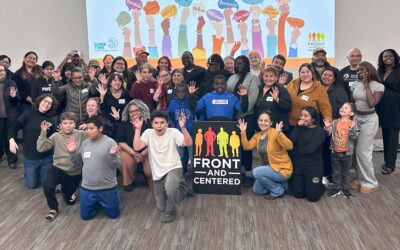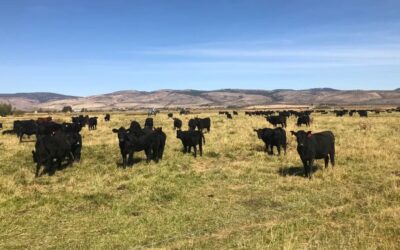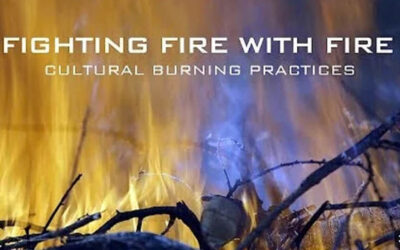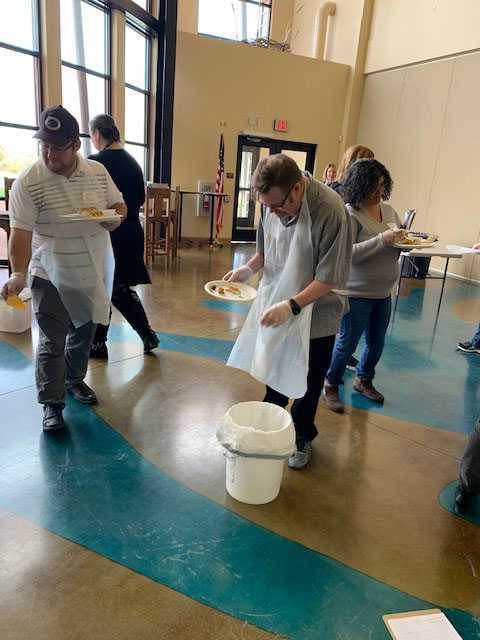
Food Waste Audit
Educational Service District 123 and Pacific Education Institute partnered to bring the Food Waste Storyline to the Tri-Cities at the REACH Museum. The teachers began by learning about how indigenous people of Washington view food, and how those views could inform choices we make today. Indigenous people used only was needed and focused on food in the season.
The next step was to learn more about the science of how food waste impacts clime change. Many teachers were surprised to learn about the green house gases that are released by food waste. In the afternoon, the teachers were taught how to conduct a food audit in a school with students. For practice the teachers conducted their own food audit of their lunch.
Day two, of the workshop started by taking a tour and learning about the environmental and sustainability business plan of the newest Lamb Weston plant in Richland, Washington. Trudy Slagle of Lamb Weston, guided the groups through the process of how the potatoes are grown, brought to the plant, made into french fries as well as how the remaining starch is sent plants for secondary uses and the remaining peels are sent to feed for cattle.
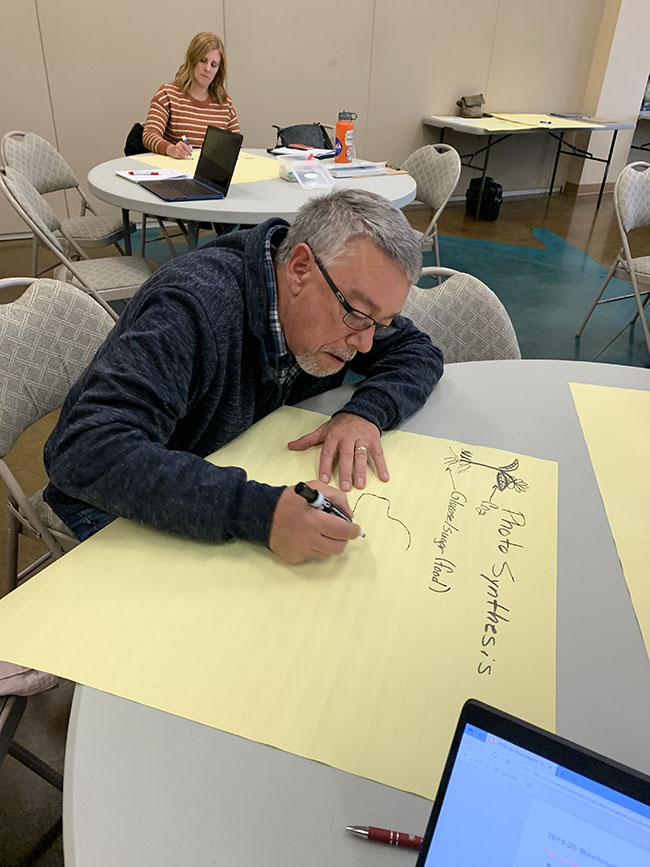
Planning Solutions
Teachers concluded the day by incorporating all they learned into ways to reduce food waste and how that can make an impact on climate change in Washington. Many of the teachers will continue future work with PEI to conduct food waste audits in their buildings.
